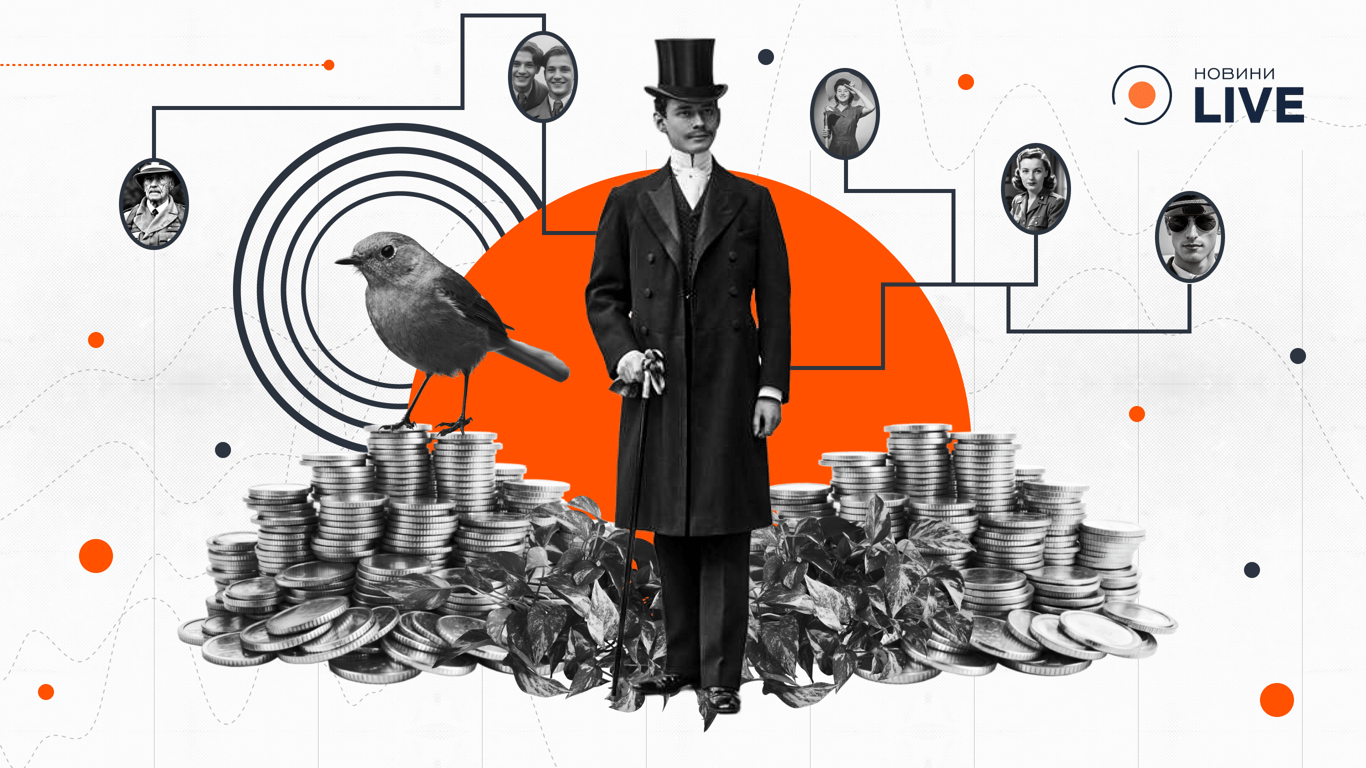The Cultural Code of Money - How the Past Influences Finances.
yesterday, 18:40
721

Journalist
Shostal Oleksandr
yesterday, 18:40
721

When it comes to finances, we often believe we act rationally. But in fact, most decisions are the result of many factors: emotions, social environment, family experiences. We do not live in a vacuum, and every 'for' or 'against' we have is shaped not just by logic. Our attitude towards money, investments, and risks is not merely analytics. It also involves trust, fears, and the experiences of generations before us.
The Ukrainian context is also important here. Trust in financial instruments is formed over years. And in our case, we have hyperinflation, bank bankruptcies, and the devaluation of the hryvnia in the 90s, 2008, and 2014. This creates deep mistrust in the financial system. Many still consider it safer to keep cash 'for a rainy day' rather than to invest. The fear of loss is often stronger than the desire to increase capital.
Generational financial memory and distrust of money deeply influence people's financial behavior. Historical experiences and financial crises have shaped the Ukrainian approach to money, making trust in financial instruments a complex task.
Read also
- Avoiding debts - when to pay property tax
- Prices have soared - how much will a cosmetic renovation of an apartment cost
- Cherry, tomatoes, and watermelons — how much do Odessa residents pay for them
- Parking spaces in Kyiv - how prices have changed and what to expect
- Mass Layoffs at Nova Poshta 2025 — What AI is Changing in the Job Market
- No chance — which dollars and euros are confiscated immediately in exchange offices








